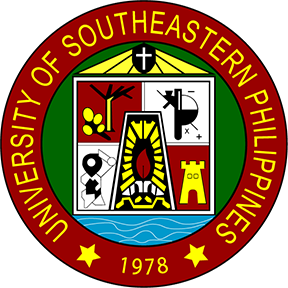The course deals with bandwidth; filters; linear modulation; angle modulation; phase locked loop; pulse modulation; multiplexing techniques; noise analysis; radio transmitters and receivers.
This course designed to provide a comprehensive understanding of digital circuits and their underlying principles. The course covers a range of topics, from fundamental concepts to advanced design techniques. Develop a solid grasp of the fundamental concepts in logic circuits and switching theory, including number systems, Boolean algebra, and coding techniques. Through interactive lectures and problem-solving exercises, students will establish a strong foundation for advanced topics in digital circuit design. Gain hands-on experience with gates, gating networks, and standard form representations. Explore techniques for circuit minimization, ensuring efficient utilization of resources while maintaining desired functionality. Acquire the ability to design, analyze, and optimize combinational circuits. Gain insight into the design and operation of Hardware description language. Understand Verilog, and their role in building digital subsystems.
- Equipping students with the skills to contribute to technological innovation and the development of robust infrastructure. By understanding the design and optimization of digital circuits, students can actively participate in the advancement of industries reliant on electronic systems.
- By fostering a deep understanding of logic circuits and switching theory, this course promotes quality education. Students gain hands-on experience and theoretical knowledge that are crucial for their academic growth and future contributions to society.
- Encourages responsible consumption and production by emphasizing circuit optimization and efficiency. Students learn techniques for minimizing resource utilization while maintaining desired circuit functionality, contributing to sustainable practices in technology design.
This course designed to provide a comprehensive understanding of digital circuits and their underlying principles. The course covers a range of topics, from fundamental concepts to advanced design techniques. Develop a solid grasp of the fundamental concepts in logic circuits and switching theory, including number systems, Boolean algebra, and coding techniques. Through interactive lectures and problem-solving exercises, students will establish a strong foundation for advanced topics in digital circuit design. Gain hands-on experience with gates, gating networks, and standard form representations. Explore techniques for circuit minimization, ensuring efficient utilization of resources while maintaining desired functionality. Acquire the ability to design, analyze, and optimize combinational circuits. Gain insight into the design and operation of Hardware description language. Understand Verilog, and their role in building digital subsystems.
- Equipping students with the skills to contribute to technological innovation and the development of robust infrastructure. By understanding the design and optimization of digital circuits, students can actively participate in the advancement of industries reliant on electronic systems.
- By fostering a deep understanding of logic circuits and switching theory, this course promotes quality education. Students gain hands-on experience and theoretical knowledge that are crucial for their academic growth and future contributions to society.
- Encourages responsible consumption and production by emphasizing circuit optimization and efficiency. Students learn techniques for minimizing resource utilization while maintaining desired circuit functionality, contributing to sustainable practices in technology design.
